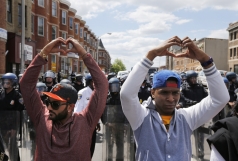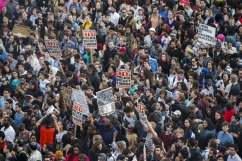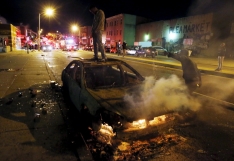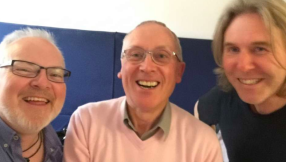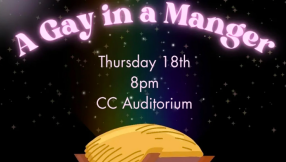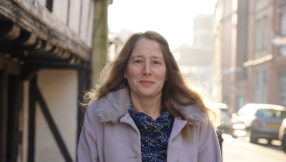Baltimore, the biggest city in the US state of Maryland and the 26<sup>th most populous city in the US, has just tied a 43-year-old record for the most number of homicides in a month.
Three months after riots erupted following the death of Freddie Gray in police custody, Baltimore recorded 45 homicides in July—more deaths in a single month than in any month for the past 43 years. July's figure tied the 45 killings recorded in August 1972, according to The Baltimore Sun.
Riots erupted in Baltimore after Gray's death last April.
Two men were shot Thursday and one on Friday last week. Both died at local hospitals.
Their deaths brought the number of this year's homicides to 189, 70 more deaths than the 119 killings recorded by July's end in 2014. Nonfatal shootings since the start of 2015 up to the last day of July soared to 366, compared to 200 recorded in the same period last year.
The unabated killings prompted Baltimore Mayor Stephanie Rawlings-Blake to Police Commissioner Anthony Batts last July 8.
"Too many continue to die on our streets," Blake said. "Families are tired of dealing with this pain, and so am I. Recent events have placed an intense focus on our police leadership, distracting many from what needs to be our main focus: the fight against crime."
The killings continue under the leadership of Interim Police Commissioner Kevin Davis.
Baltimore is not unique in its suffering; crimes are spiking in big cities around the country.
According to reports, crime experts and residents said the killings are attributed to the mistrust of the police, anger and hopelessness for lack of opportunities for young black men and rivalry among illegal drugs dealers.
Gangs targeted 32 pharmacies in Baltimore and took 300,000 doses of opiates.
Assistant Special Agent Shawn Ellerman said the homicides in May were probably related to the stolen drugs.
"You can't attribute every murder to narcotics, but I would think a good number" of them are, Ellerman said. "You could say it's retaliation from drug trafficking, it's retaliation from gangs moving in from other territories. But there have been drug markets in Baltimore for years."
Community activist Munir Bahar said community engagement, policing policies and opportunities for poor young people could help ease the situation.
"People are focusing on enforcement, not preventing violence. Police enforce a code, a law. Our job as the community is to prevent the violence, and we've failed," said Bahar.










